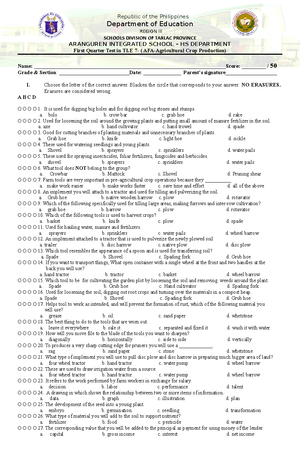- Information
- AI Chat
Was this document helpful?
RRL - Teaching Outside - SAMPLE
Course: BS Education (BSE 101)
957 Documents
Students shared 957 documents in this course
University: Tarlac State University
Was this document helpful?

REVIEW OF RELATED LITERATURE
This chapter discussed and presented significant literature that provides an inclination to
the current study. This part also pertains to place the proper context to review the previous
researchers that are relevant to this study and creating a synthesis based on the above-mentioned
citations
FOREIGN RELATED LITERATURE
The key to sustainable development and a significant force behind the creation of
societies that are more just, compassionate, and equal is high-quality education. In many nations
that are quickly increasing enrollment in order to attain Education for All, quality education has
become crucial. Education systems have recently been challenged, but it is incorrect to assume
that access and quality have been compromised. The successful endeavor to expand access to
basic education has frequently resulted in diminishing educational quality in nations with limited
resources. Teachers in public schools are crucial members of our society, particularly for
students. Good teachers are necessary for quality education. The availability of qualified
instructors and the quality of instruction in the classroom are essential components of building
the educational system. Employing competent teachers in all schools is the main element in
raising student success. The best resources should be provided to teachers, including subject-
specific information, instructional techniques, and abilities. The quality of the teacher has a big
impact on how well the students succeed. Effective instructors also have an extensive
understanding of the subjects they teach and frequently have degrees in those particular fields.








